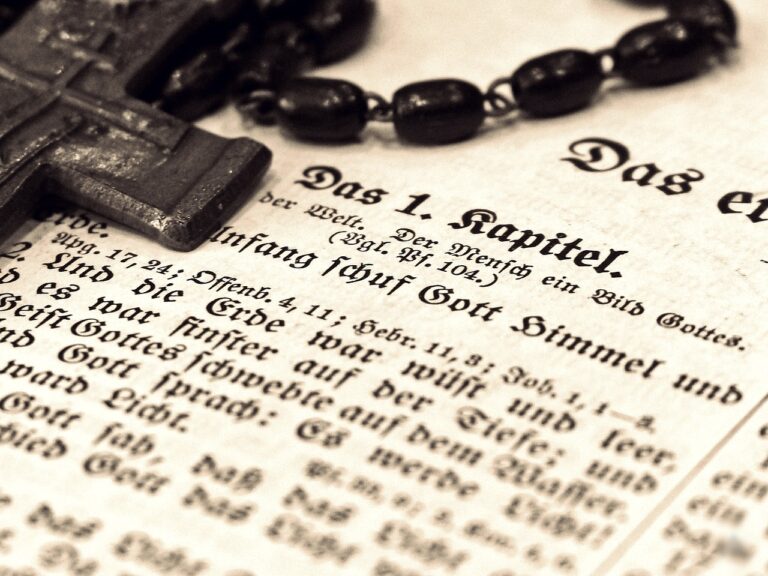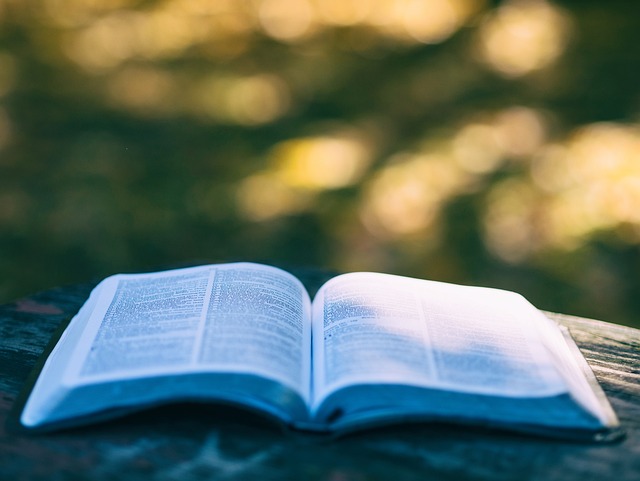The Role of Special Education in Disaster Preparedness
99 exchange login password, laser 247 sign up, yolo 247:The Role of Special Education in Disaster Preparedness
In times of crisis, it is crucial to ensure that everyone in our communities is included in disaster preparedness efforts. This includes individuals with special needs, who may require additional support and accommodations to safely navigate emergency situations. Special education plays a vital role in disaster preparedness, as educators and caregivers work to create inclusive plans that address the unique needs of students with disabilities. By incorporating special education guidelines into emergency preparedness strategies, we can better protect and support all members of our communities during times of crisis.
Understanding the Importance of Inclusive Disaster Preparedness
Disasters can strike at any time, leaving communities vulnerable and in need of support. In these situations, individuals with disabilities may face additional challenges in accessing resources and navigating emergency situations. It is essential that disaster preparedness plans take into account the needs of all community members, including those with special needs. By incorporating special education principles into emergency planning, we can ensure that individuals with disabilities are included in every stage of disaster preparedness and response.
Creating Inclusive Emergency Plans
One of the key roles of special education in disaster preparedness is to create inclusive emergency plans that address the unique needs of students with disabilities. Educators and caregivers should work together to develop customized emergency protocols that take into account the specific needs of each student. This may include creating individualized evacuation plans, providing communication devices for non-verbal students, and ensuring that emergency supplies are tailored to meet the needs of students with medical conditions.
In addition to developing individualized plans, special education professionals can also play a key role in training students, staff, and caregivers on how to respond to emergencies. By providing education and resources on disaster preparedness, special education programs can empower individuals with disabilities to take an active role in their own safety and well-being during times of crisis.
Collaborating with Community Partners
Special education programs can also play a crucial role in collaborating with community partners to ensure that individuals with disabilities are included in broader disaster preparedness efforts. By working with local emergency management agencies, healthcare providers, and advocacy organizations, special education professionals can advocate for the needs of students with disabilities and ensure that their voices are heard in emergency planning discussions.
Community partnerships can also provide access to additional resources and support networks that can help students with disabilities and their families navigate emergency situations. By building strong relationships with community partners, special education programs can create a more inclusive and comprehensive approach to disaster preparedness that benefits all members of the community.
FAQs
Q: How can special education professionals support students with disabilities during disasters?
A: Special education professionals can support students with disabilities during disasters by creating individualized emergency plans, providing training on emergency response protocols, and collaborating with community partners to ensure that students’ needs are met.
Q: What resources are available to help individuals with disabilities prepare for emergencies?
A: There are a variety of resources available to help individuals with disabilities prepare for emergencies, including FEMA’s Ready.gov website, which provides tips and information on creating emergency plans and building emergency kits.
Q: How can families and caregivers support individuals with disabilities during disasters?
A: Families and caregivers can support individuals with disabilities during disasters by creating emergency plans, ensuring that emergency supplies are tailored to meet specific needs, and staying informed about local emergency procedures.
In conclusion, special education plays a vital role in disaster preparedness by creating inclusive emergency plans, collaborating with community partners, and providing resources and support to individuals with disabilities. By incorporating special education principles into disaster preparedness efforts, we can create a more inclusive and resilient community that supports the needs of all members during times of crisis.







